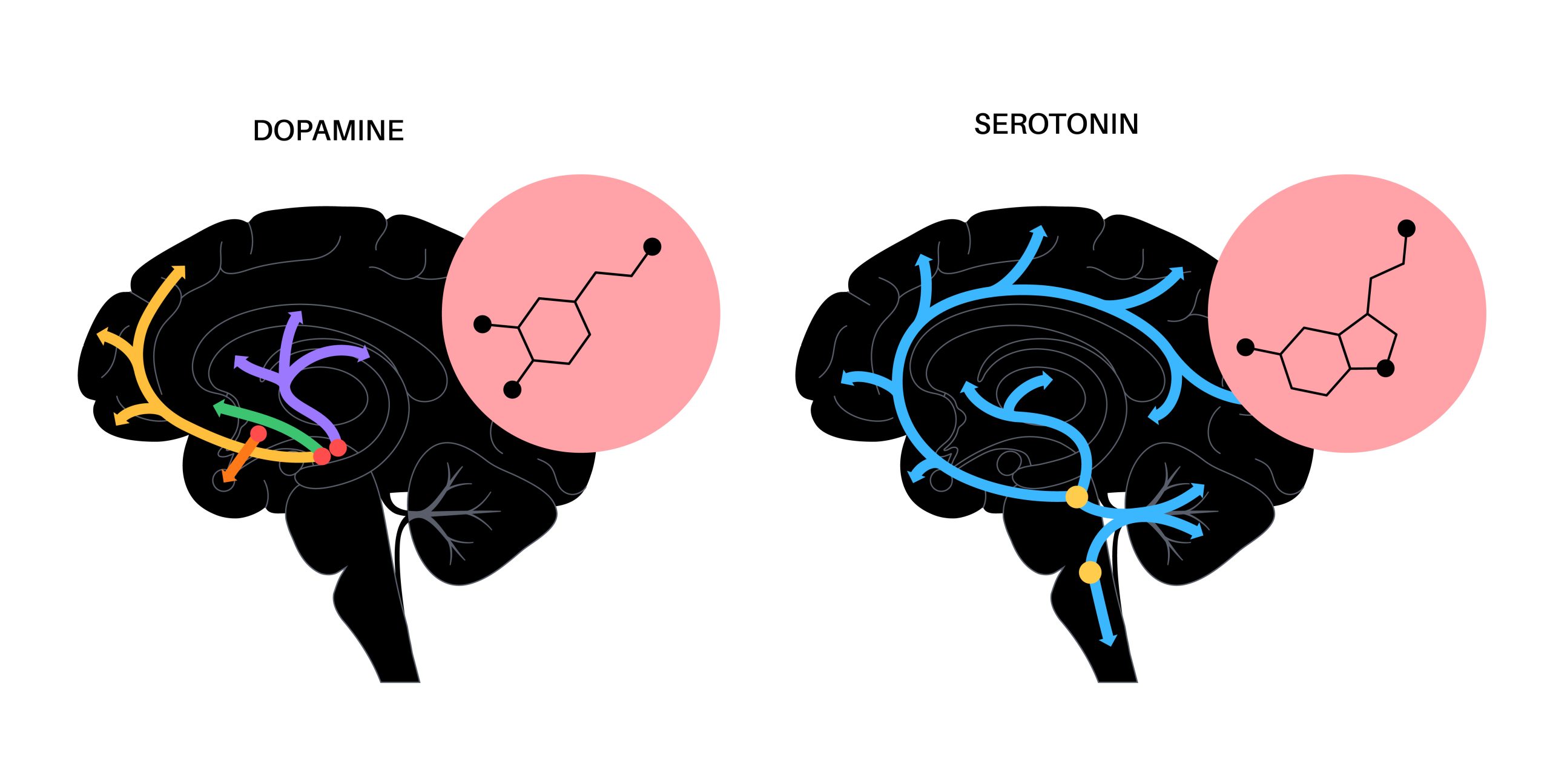
Serotonin syndrome is a serious condition that often goes unnoticed. It can wreak havoc on both mental and physical health. Many people are unaware that an imbalance in brain chemistry can lead to severe complications. This article breaks down serotonin syndrome, its causes, symptoms, and how to protect your mental health. Understanding this condition helps you recognize warning signs and take action early.
What is Serotonin Syndrome?
Serotonin syndrome happens when the brain has too much serotonin. This can occur due to medications or drug interactions that raise serotonin to dangerous levels. Symptoms range from mild agitation to severe neurological issues. The condition is tricky because it can be mistaken for other health problems. Knowing what serotonin syndrome is and how it affects the body is the first step in protecting yourself.
Understanding the Causes and Risk Factors
Certain medications increase serotonin levels, including antidepressants, migraine drugs, and recreational substances. Many people mix these without realizing the risks. The danger is higher when starting a new medication or changing doses. Even over-the-counter supplements and herbal remedies can contribute to this condition. Understanding these risks helps you make safer choices with medications.
Recognizing the Warning Signs
Serotonin syndrome symptoms vary, so it’s crucial to stay aware of any changes in your body. Common signs include agitation, confusion, rapid heartbeat, and muscle stiffness. These symptoms may seem minor at first but can quickly worsen. Early recognition is key since delayed treatment can lead to severe complications. Always pay attention to unusual symptoms and communicate openly with your doctor.
Preventative Measures and Safe Practices

Taking a proactive approach to mental health can prevent serotonin syndrome. Always consult a doctor before adding new medications or supplements, especially if you’re already on drugs that affect serotonin. Reading medication labels carefully can help you avoid dangerous combinations. Keeping a list of all your medications and supplements ensures doctors can review them for safety. Simple steps like these create a safer environment for your health.
Treatment and Management Strategies
Timely diagnosis and treatment are crucial. Doctors usually begin by stopping serotonergic medications and monitoring symptoms. In more severe cases, they may use benzodiazepines to reduce agitation and muscle stiffness. Supportive care helps the body recover and return serotonin to safe levels. Regular follow-ups ensure no long-term damage occurs. Seeking medical attention at the first sign of symptoms makes a big difference in recovery.
How to Protect Your Mental and Physical Health
Serotonin syndrome is serious but preventable. Recognizing the symptoms early and understanding the causes can lead to better outcomes. Taking precautions with medications helps avoid dangerous serotonin spikes. Staying informed and talking to healthcare professionals keeps you safe.
Have you ever experienced medication side effects? Share your thoughts in the comments below.
Read More:
Self-Destruction: 8 Everyday Habits That Secretly Destroy Your Mental Health
10 Relationship Habits That Seem Sweet but Are Actually Toxic

Latrice is a dedicated professional with a rich background in social work, complemented by an Associate Degree in the field. Her journey has been uniquely shaped by the rewarding experience of being a stay-at-home mom to her two children, aged 13 and 5. This role has not only been a testament to her commitment to family but has also provided her with invaluable life lessons and insights.
As a mother, Latrice has embraced the opportunity to educate her children on essential life skills, with a special focus on financial literacy, the nuances of life, and the importance of inner peace.
